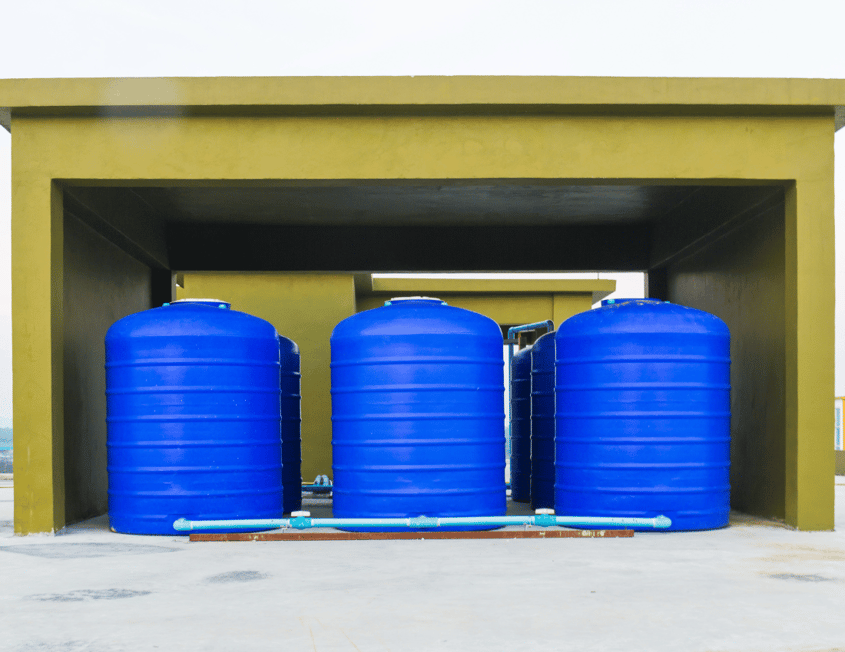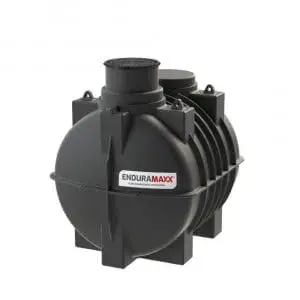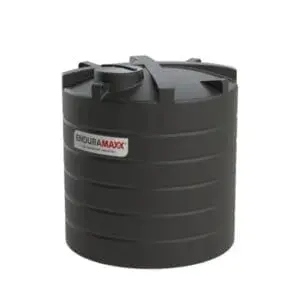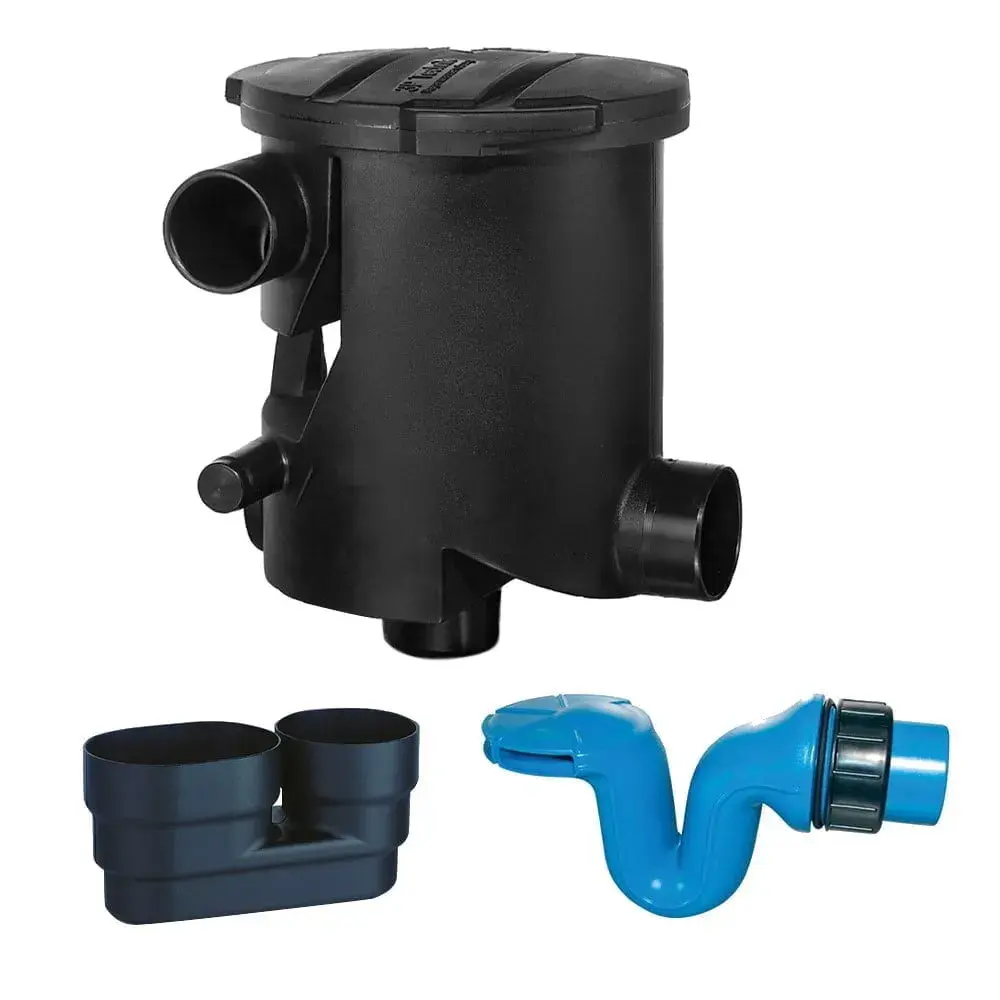
As a farmer, having access to a reliable and clean water supply is essential for your crops and livestock. An agricultural water tank and storage system can provide a convenient and efficient way to store and maintain your water supply across large areas, without requiring water main access and pumping infrastructure. With the right tank, you can ensure that your animals stay hydrated, crops remain healthy, and farm operations run smoothly, even in remote or challenging locations. However, there are several factors that you need to consider when choosing the right agricultural water tank for your farm. This article will discuss some essential features to consider that will help you make an informed decision and choose a tank that meets your specific needs.
1. Durability
A good agricultural water tank should be built to last and withstand exposure to sunlight, year-round weather, animal faeces and runoff, and agricultural chemicals. On farms, tanks face a wide variety of conditions that can quickly degrade low-quality materials, so durability is key. One of the most durable materials is high-density polyethylene (HDPE), which is highly resistant to corrosion, UV damage, and general wear over time. HDPE tanks are also relatively lightweight, making them easier to transport and install in remote areas. Fibreglass is another material sometimes used in tank linings, chosen for its resistance to rust and chemical exposure. Fibreglass tanks can handle harsh environments and offer long-term durability, particularly when exposed to chemicals or abrasive materials.
When selecting a water tank, consider the environmental conditions on your farm. For example, a tank located in a sun-exposed field will benefit from UV-resistant materials, while a tank near livestock might need extra impact resistance. Choosing a tank with proven durability reduces maintenance costs and ensures a longer lifespan, ultimately saving money in the long term.
2. Capacity
The size of the water tank you choose will depend on your farm’s water requirements and available space. A good rule of thumb for agricultural use is to have a water tank that can store at least a week’s supply of water for your livestock. This ensures a reliable supply, even during periods of drought, equipment maintenance, or when access to remote fields is restricted by snow, mud, or standing water.
To estimate the right capacity:
-
Livestock needs: For example, a cow drinks roughly 50 liters of water per day. Multiply this by the number of animals and the number of days you want to be covered to determine minimum tank capacity.
-
Irrigation or crop use: Factor in peak watering periods and expected rainfall. For instance, vegetable crops may require extra water during dry spells.
-
Expansion potential: If you plan to grow your herd or farm more land, consider a slightly larger tank to avoid needing a replacement too soon.
Choosing the correct capacity is vital. A tank that is too small could leave you vulnerable during high-demand periods, while an oversized tank may take up unnecessary space and cost more upfront.
3. Accessibility
A well-designed agricultural water tank should be easily accessible for maintenance, cleaning, and filling, regardless of its location on your farm. Tanks that are difficult to reach or maintain can quickly become contaminated, which can compromise water quality and livestock health.
-
Lids and openings: Make sure the tank has large, easy-to-remove lids or access points to simplify cleaning and inspections.
-
Cleaning ease: Sediment, algae, and debris can build up over time. Tanks with smooth interiors or removable fittings make this process quicker and more efficient.
-
Remote filling: For tanks placed in fields far from mains water, consider designs compatible with pumps, rainwater collection, or tanker delivery.
Regular maintenance not only keeps water clean but also prolongs the life of your tank. A tank that’s accessible and easy to maintain saves both time and labor, making daily farm operations more efficient.
4. Safety
Safety should always be a priority when choosing an agricultural water tank. This applies to both livestock and farm employees.
-
Stability: Tanks installed in exposed areas need a low center of gravity to prevent tipping over in strong winds. Some tanks are designed with reinforced bases for added stability.
-
Food-grade materials: For livestock water, tanks should be made from non-reactive materials that don’t leach chemicals into the water. This ensures your animals remain healthy and avoids contamination.
-
Secure fittings and edges: Rounded edges and secure lids reduce the risk of injuries to both animals and humans.
Routine inspection and cleaning are essential for safety. Even a durable tank can pose risks if it is neglected, so make safety a key consideration in your selection.
5. UV Resistance
f your agricultural water tank is exposed to sunlight, UV resistance is a crucial factor. Prolonged exposure can cause materials to degrade over time, weakening the structure and increasing the risk of leaks or contamination. UV exposure can also accelerate algae growth, which affects water quality and may harm livestock.
-
UV-resistant materials: Many HDPE tanks come with UV stabilizers or darker colors to reduce sunlight penetration and prevent damage.
-
Protective positioning: Whenever possible, place tanks in shaded areas or use covers to limit direct sun exposure.
Selecting a UV-resistant tank ensures that your investment lasts longer and that your water supply remains clean and safe year-round.
Agricultural Water Tanks From Enduramaxx – Find Out More
At Enduramaxx, we stock a variety of high-quality agricultural water tanks for livestock feeding, irrigation, and other purposes. Our tanks are designed to withstand harsh farm conditions while providing a reliable water supply for years to come. Explore our range online or contact us directly to discuss your requirements. Our experts can help you choose the right tank to suit your farm’s size, water needs, and location. Investing in a durable, well-designed agricultural water tank ensures peace of mind, reliable water supply, and healthier crops and livestock.
Image Source: Canva
Posts By Topics
- Blog (303)
- Chemical Storage Tanks (118)
- Chemical Dosing Tanks (114)
- Chemical Tanks (114)
- Water Tanks (58)
- Rainwater Harvesting Tanks (43)
- Vertical Rainwater Tanks (31)
- Vertical Storage Tanks (31)
- Cone Bottom Tanks (19)
- Conical Cone Tanks (18)
- Rainwater Harvesting (17)
- Water Bowsers (15)
- Horizontal Tanks (14)
- Potable Water Tanks (13)
- Farming (9)
- Case Studies (8)
- Industrial Storage Tanks (7)
- Liquid Fertilser Storage Tanks (6)
- WRAS Approved Potable Tanks (6)
- Wine and Beer Production (6)
- Horizontal Transport Tanks (5)
- Microbrewery (5)
- Rainwater (5)
- Category 5 Break Tanks (4)
- Cider Production (4)
- Mixer Tanks (4)
- Molasses Tanks (4)
- Polyethylene tanks (4)
- Rainwater Filter Kits (4)
- SPECIALIST & BESPOKE TANKS (4)
- Bunded Tanks (3)
- Slimline Tanks (3)
- WRAS Approved (3)
- Clarification Tanks (2)
- Crosslinked Polymer Tanks (XLPE) (2)
- Fertiliser Tanks (2)
- Sump Tanks (2)
- Tank Installation (2)
- Water Butt (2)
- underground water tanks (2)
- ACCESSORIES & FITTINGS (1)
- ATV & UTV SPRAYING UNITS (1)
- Above Ground Effluent Tanks (1)
- Bespoke Tank Frames (1)
- Category 5 Turret (1)
- Caustic Soda Tanks (1)
- Closed Top Bunded Tanks (1)
- Craft beer (1)
- Effluent Tanks (1)
- Enduramaxx (1)
- Ferric Chloride Tanks (1)
- Fire Safety Regulations (1)
- Fire Sprinkler Water Storage Tanks (1)
- Industrial Water Tank (1)
- Open Top Bunded Tanks (1)
- Open Top Cone Tanks (1)
- Open Top Vertical Tanks (1)
- Polyethylene Potable Water Tanks (1)
- Polyvinylidene Fluoride (PVDF) Tanks (1)
- Polyvinylidene Fluoride Tanks (PVDF) (1)
- Pressure Washers (1)
- Pro Series Spot Sprayers (1)
- RWH (1)
- Sodium Hydroxide Storage Tanks (1)
- Sprayer Fill-up Tanks (1)
- Uncategorised (1)
- liquid fertiliser tank (1)
Sign up to the newsletter
enduramaxx.marketing
Related Posts
Farm water planning - what you need to know | Enduramaxx
What you need to know about farm water planning, water is one of the most crucial elements of any...
Farm Water Bowsers, Road Tow, Farm Tow & Skid Mounted
Farm water bowsers are a trailer fitted with a tank that can carry Water, AdBlue or Liquid...
Water Quality in Animal Husbandry | Enduramaxx UK
In livestock farming, water is assigned to be fed to animals can be considered one of the most...
Related Products
From £1,080.00 inc. VAT
£900.00 exc. VAT
From £1,344.00 inc. VAT
£1,120.00 exc. VAT
From £768.00 inc. VAT
£640.00 exc. VAT
£480.00 inc. VAT
£400.00 exc. VAT






